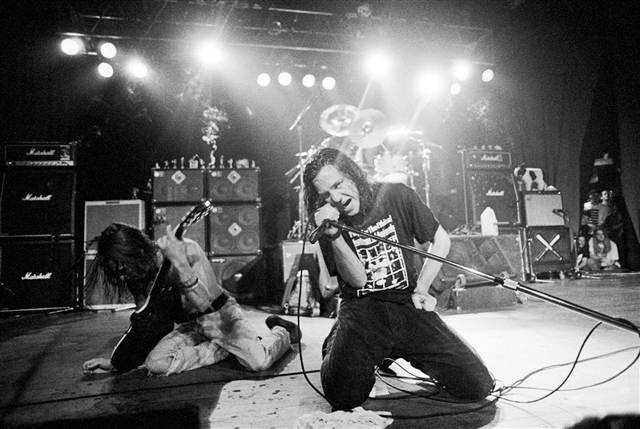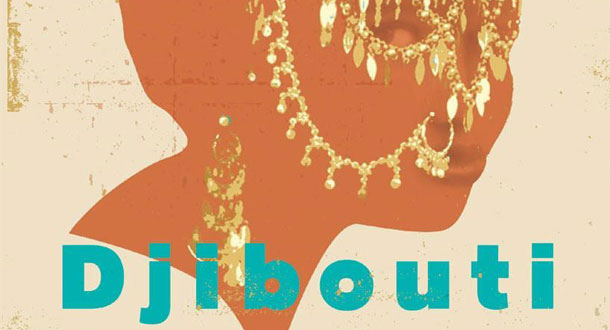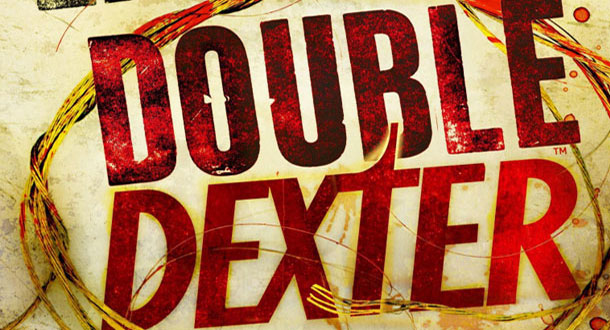Bookshots: Pumping new life into the corpse of the book review
Title:
The Cutting Room: Dark Reflections of the Silver Screen
Who wrote it?
Dennis Etchison, Peter Straub, Gemma Files & Stephen J. Barringer, Stephen Graham Jones, Laird Barron and Kim Newman, are just a few of the authors appearing in this anthology, culled by renowned editor Ellen Datlow.
Plot in a box:
The title pretty much says it all—horror stories revolving around the movies in some capacity, told from the perspective of writers, directors, producers, critics, and viewers. All but one entry—Stephen Graham Jones's "Tenderizer"—are reprints (not a bad thing). Read more about The Cutting Room over at Tachyon Publications's website.
Invent a new title for this book:
Lights, Camera, KILL!!!
No wait, that really sucks...
How about, Cut to the FACE!!!
That sucks even worse. I'm no good at this. The Cutting Room is fine.
Read this if you liked:
Obviously, if you're a fan of Datlow's previous anthologies, you should pick up this one too. Also obviously, if you like any of the authors mentioned above, or clever, well-written horror in general.
Meet the book's lead(s):
There were more than a few sleazy producers populating the stories in The Cutting Room. Think Max Renn from Videodrome.
Said lead(s) would be portrayed in a movie by:
James Woods
Setting: Would you want to live there?
The Cutting Room features numerous locales, from London to small towns in the Midwest. Still, Hollywood serves as a predominant backdrop, and yes, I would live there, despite every reason not to.
What was your favorite sentence?
There were so many outstanding candidates (across so many outstanding authors) that I would be remiss not to include at least two. Here they are:
The wind is the tongue of a ravening beast. It licks at our warmth, the feeble light of our miserly souls.
—Laird Barron, "Ardor"
You want to to feel something, do something, say something, but it's only 11:30 in the morning, and everyone else in the world is dead or has a job.
—Douglas E. Winter, "Bright Lights, Big Zombie"
The Verdict:
It's pretty much a given that an Ellen Datlow anthology will at least be good, if not great. I know that putting together a collection of stories isn't that much like assembling a mix tape—despite such comparisons being made in the past—but one does get a "solid mix tape" vibe from anything with her name on it.
The Cutting Room is no exception. Each tale flows into the next with such natural ease, it's hard to imagine the table of contents progressing in any other fashion. Sometimes the transition plays upon binary ideas—the first story, Edward Bryant's "The Cutter," deals with a disgraced Hollywood editor turned small town theatre manager taking artistic licenses with the films he screens, slashing scenes he deems unnecessary; Datlow follows this tale with Steve Nagy's "The Hanged Man of Oz," which cleverly plays with the urban legend that you can see a man committing suicide in the background of The Wizard of Oz—in other words, a scene that should have been cut, but wasn't. Other times, the connections are quite literal, as is the case with Denis Etchison's "Deadspace" and F. Paul Wilson's "Cuts," which both feature producers trying to get a new project off the ground.
Looking at each piece individually, I'm hard pressed to find a genuine dud among them. Sure, there were some I didn't enjoy as well as others, but none elicited any feelings of "meh" or, worse yet, downright ire—you know the kinds of stories I mean, the ones that make you throw the book across the room and scream to no one in particular, "I just wasted all my time reading THAT?!?!" None present in The Cutting Room, I'm happy to report.
Perhaps I'm biased. I love the horror genre all-around, but I'm also a general film buff, so this collection does present some built-in appeal for me and like-minded readers. Then again, as Genevieve Valentine notes in her introduction:
With a medium so inherently suspenseful, made through a fabulous alchemy into a series of atmospheric angles and special effects, horror writing could make good use of cinema's visual vocabulary and the beautiful artifice that modern readers can parse nearly as easily on the page as on the screen. Scary stories about film itself were going to be inevitable.
This inevitability is all the more prevalent when we remind ourselves that only Stephen Graham Jones's story was commissioned specifically for The Cutting Room; all other tales were previously published in other venues, meaning that this intersection of film and horror has already been crossed by an eclectic group of writers working decades apart, long before Datlow decided to pull them all together. Reading these stories in succession this way—seeing the greed and blockbuster-lust characterizing the Hollywood-dominated industry of the 1980s, the danger of unlocking inestimable terror via the indie experimentation that sprang up in the early 21st century, and the beguiling effect films have on us, regardless of genre or time period—this sense of inevitability becomes firmly cemented.
Musings on the intellectual justification of this anthology aside, The Cutting Room is a ton of fun, particularly with the appearance of comical fare like Ian Watson's "The Thousand Cuts," the aforementioned "Bright Lights, Big Zombie" by Douglas E. Winter (more black humor than straight-up comedy, but it had me chuckling) and, last but not least, Kim Newman's hysterical "Illimitable Dominion," which deals with Roger Corman's spate of Poe adaptations starring Vincent Price.
Halloween is just around the corner—a time when we gather 'round the television and watch spooky movies. But All Hallows Read is fast approaching too, and what better way to supplement your horror movie viewing than by reading a scary book about films and filmmaking? Makes perfect sense to me.

About the author
Christopher Shultz writes plays and fiction. His works have appeared at The Inkwell Theatre's Playwrights' Night, and in Pseudopod, Unnerving Magazine, Apex Magazine, freeze frame flash fiction and Grievous Angel, among other places. He has also contributed columns on books and film at LitReactor, The Cinematropolis, and Tor.com. Christopher currently lives in Oklahoma City. More info at christophershultz.com






